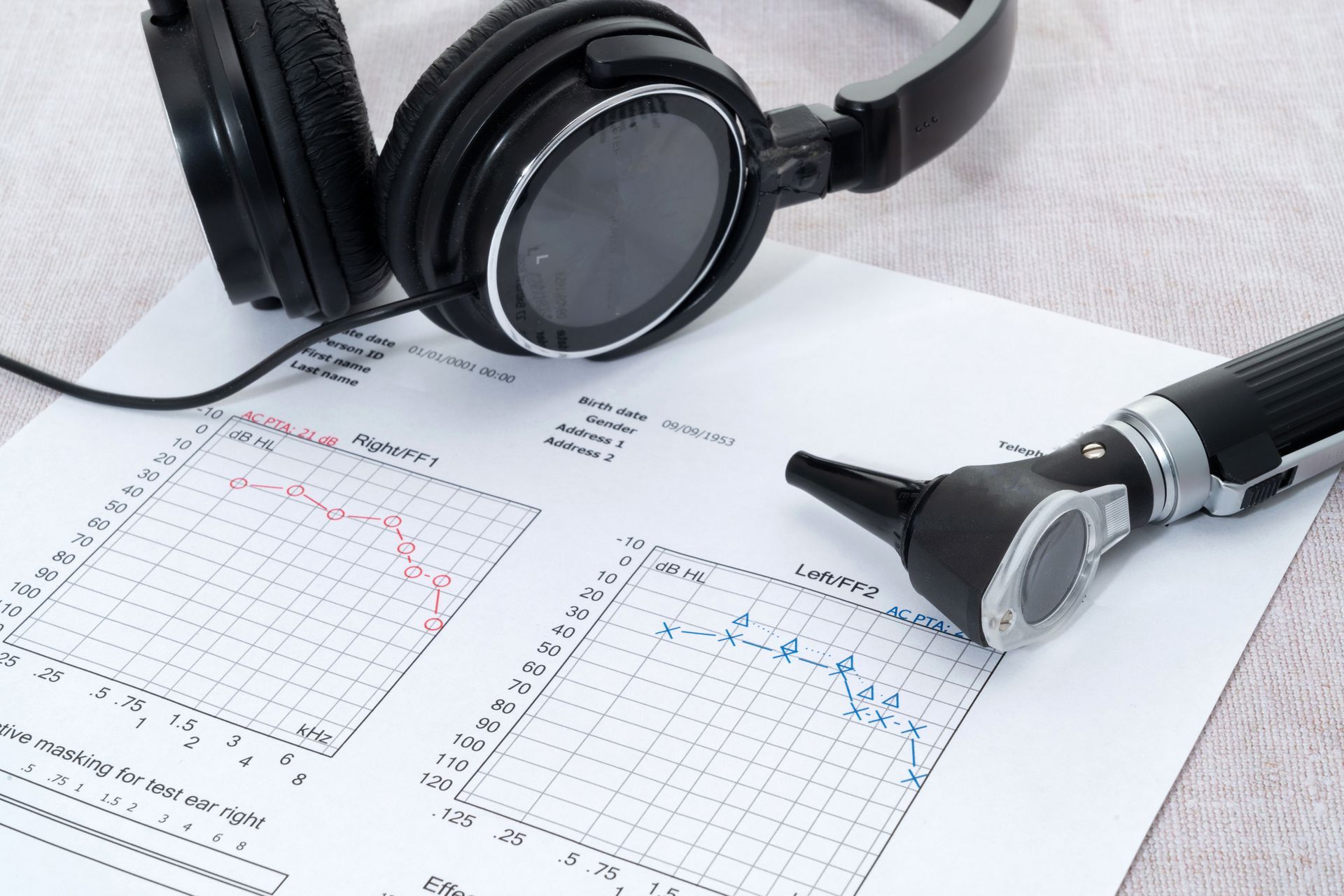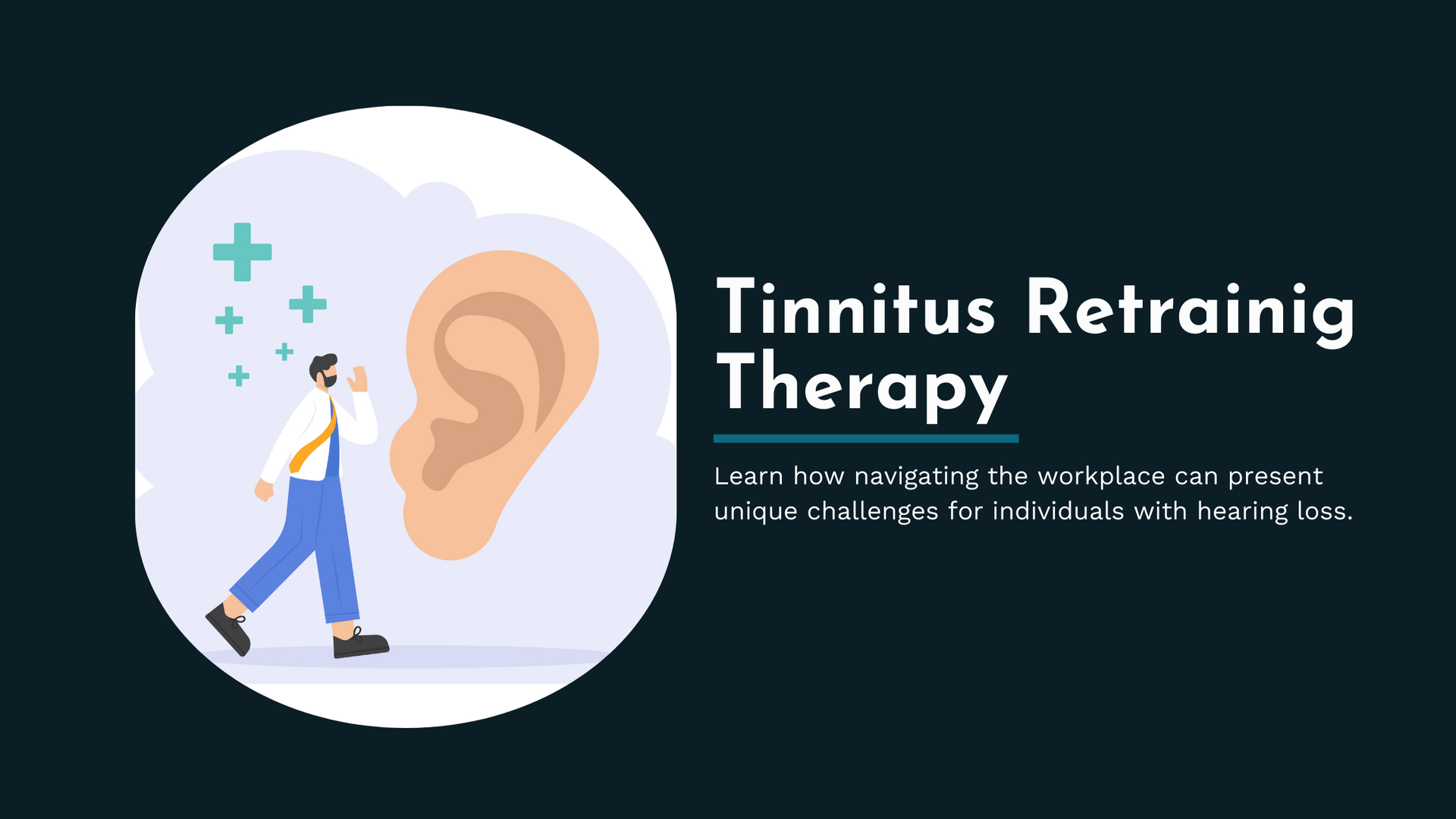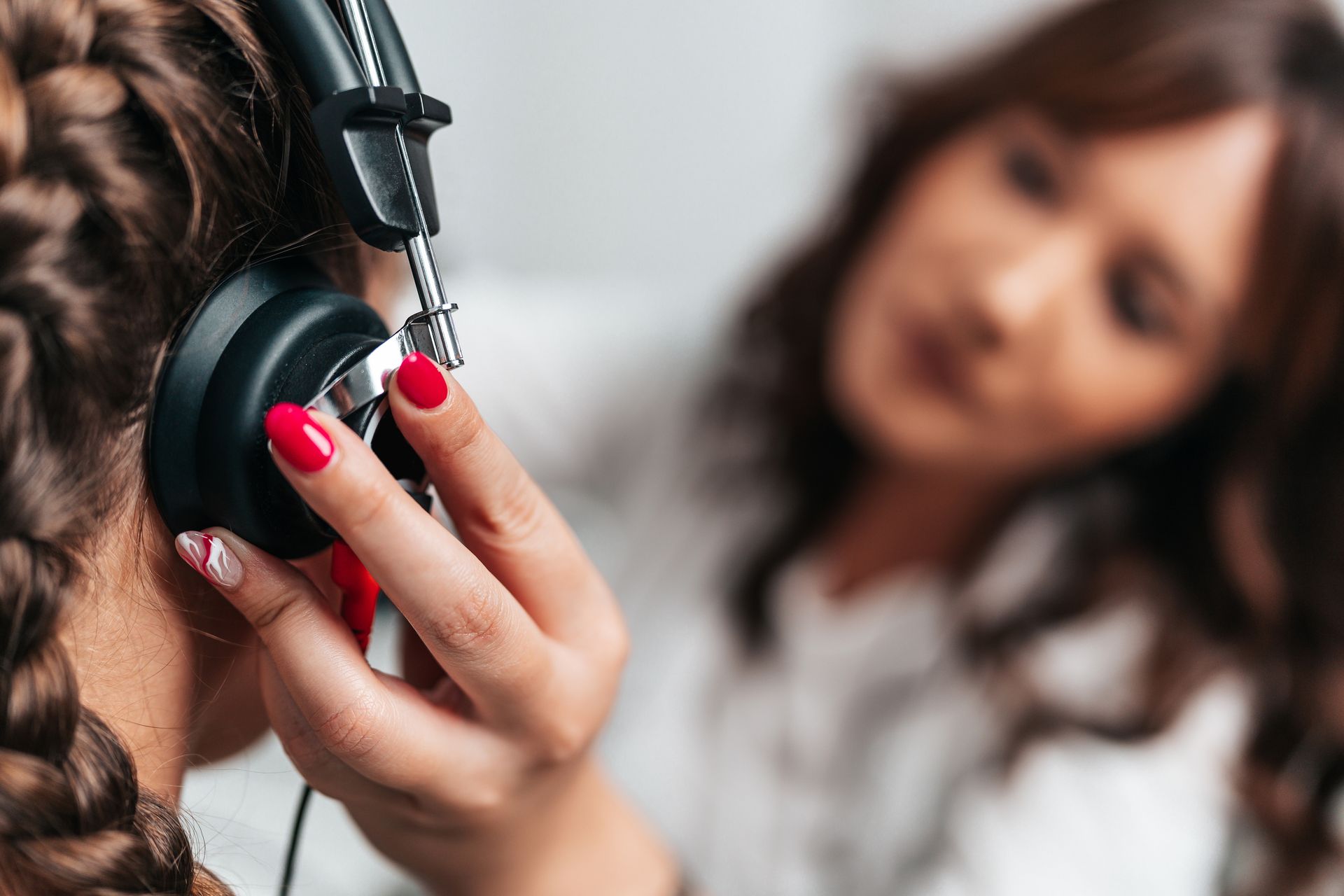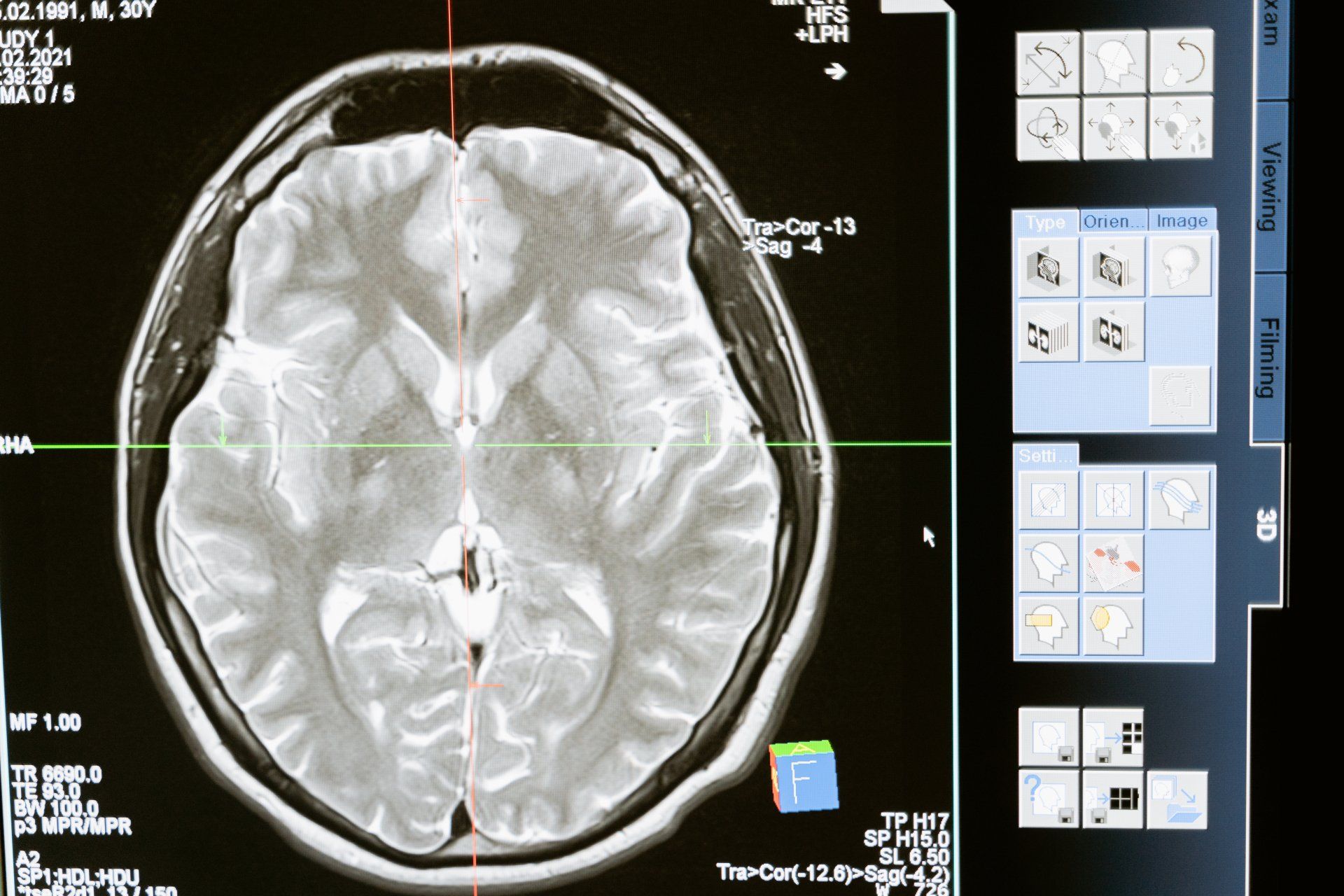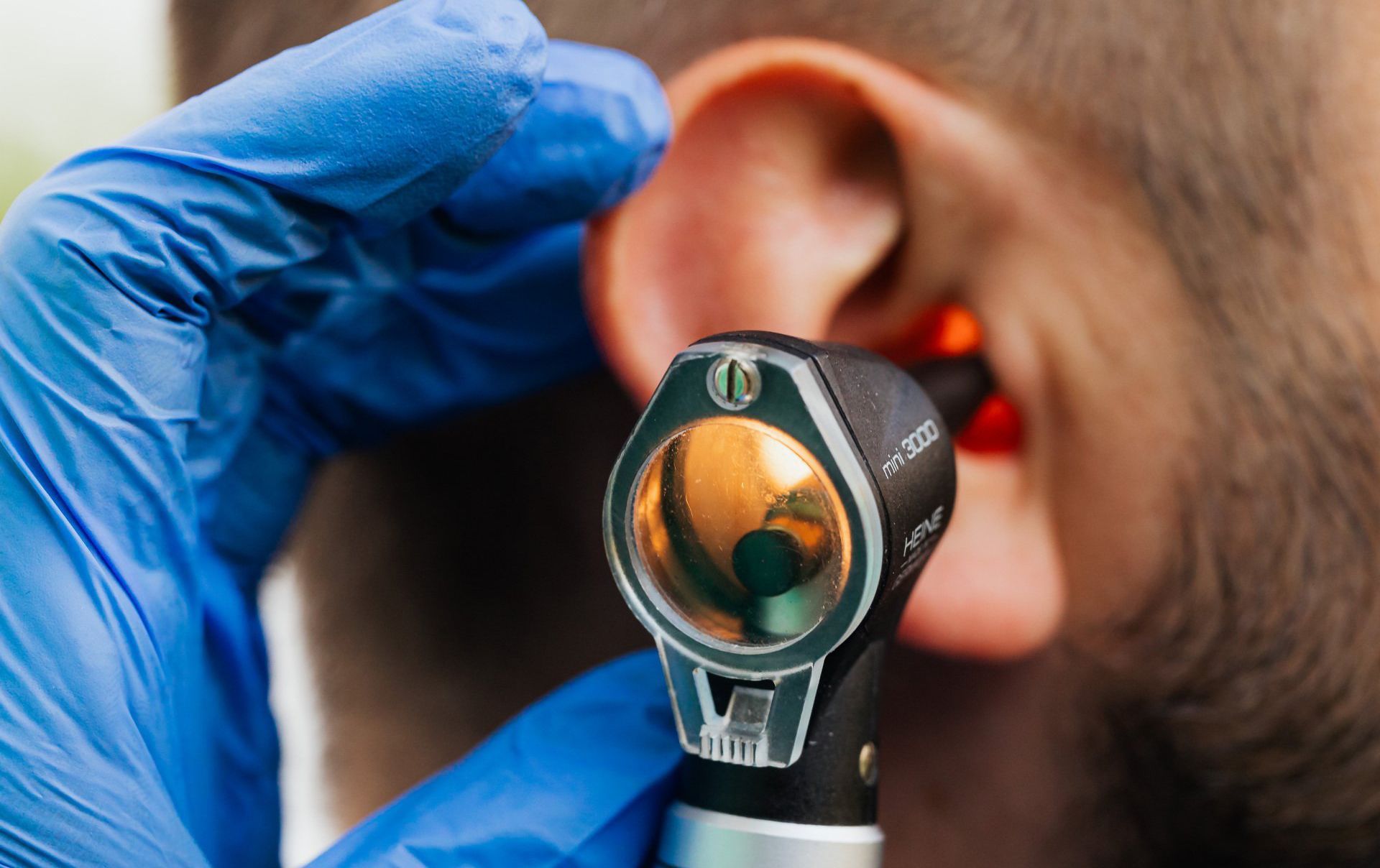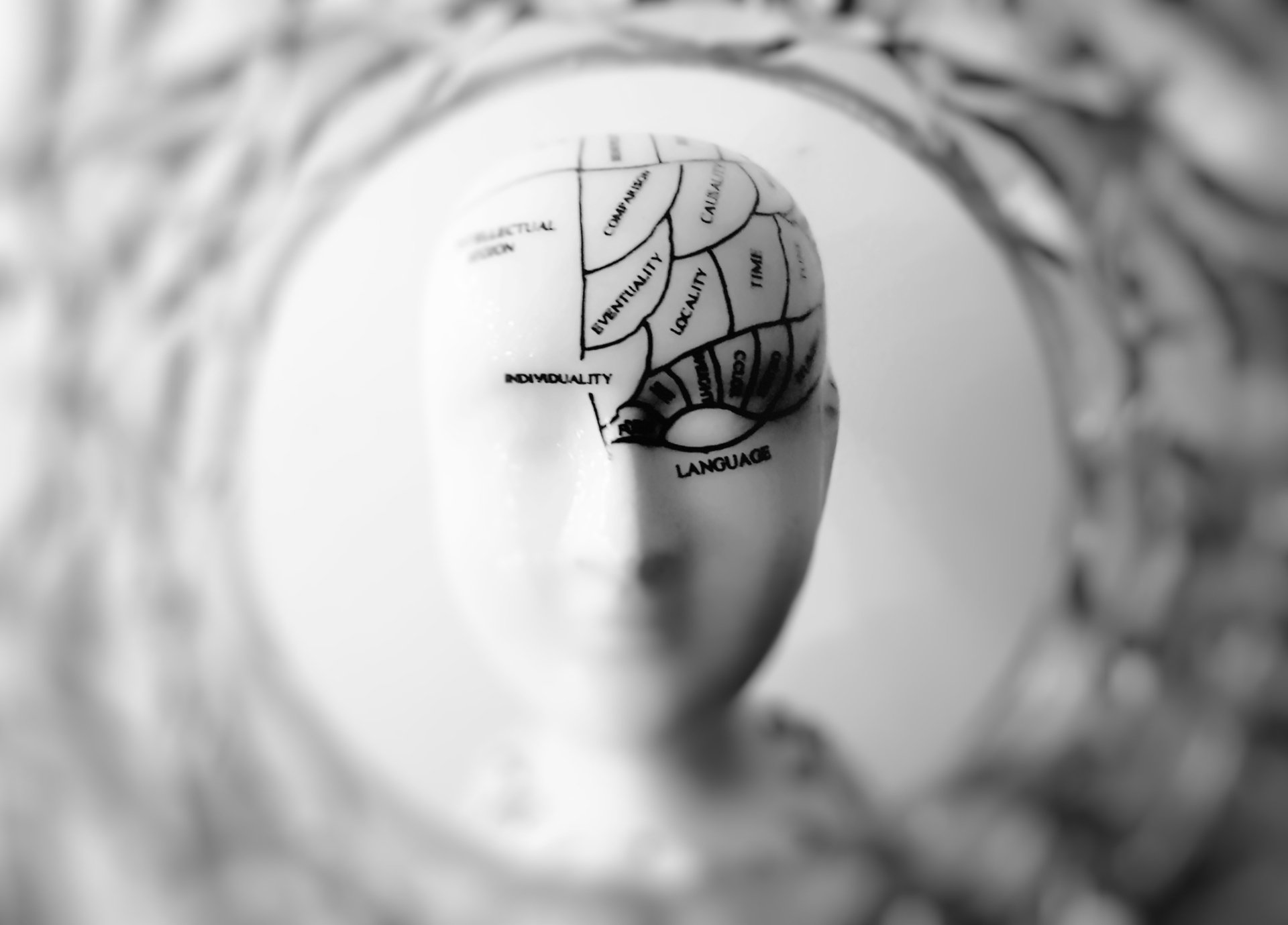Welcome to the Calgary Ear Centre: An Introduction to our Expertise and Services
Conversation with family, friends, colleagues, and others is something we take for granted until it becomes difficult due to hearing loss. Helen Keller remarked that, “blindness cuts us off of things; deafness separates us from people” (Chartrand, 2008). Decline of any of our senses affects the specific parts of the brain associated with them. Of our five senses (taste, touch, smell, hearing, and vision), only hearing and vision can be aided if they begin to deteriorate. When our hearing declines, the area of our brain that is supposed to be stimulated by speech and other sounds is deprived of the input and the nerve and nerve pathways in this area begin to waste. For this reason, it is recommended that we correct for hearing loss as soon as it is identified, even if it is only mildly reduced.
Tinnitus, or sounds heard in the ears or head when there is no external source of the sound, is also a clue that you may be losing hearing. Often people discover they have a hearing loss only after being referred and tested because of their tinnitus. They are referred for a hearing test after mentioning to their family doctor that they have sounds in their ears or head and come in for testing with no concerns with their hearing.
We typically lose our hearing in the high frequencies first, which are the quieter sounds of speech, often the word endings that give speech crispness and clarity. We may not notice a decrease in the ‘volume’ of speech when this happens. Those with hearing loss may comment “I can hear just fine, if people would speak clearly!” In addition, our eyes and the context of the conversation help us to fill in the blanks, which also falsely reassures us that we are hearing well.
The ear, or ‘pinna’ is more than the piece of skin that holds up our glasses on either side of our head! Our ears are just the external ‘sound collectors’ for the auditory system. They direct the sound waves down the ear canal. The auditory system includes the eardrum or tympanic membrane and the three ossicles or small bones of the ‘middle ear’ that conduct the sound to the inner ear. The inner ear is responsible for both hearing and balance and for this reason it is referred to as the auditory-vestibular system.
At the Calgary Ear Centre, we see patients who experience challenges with one or all parts of the auditory-vestibular system. Hearing and balance issues can occur alone or in combination, and we are proud to offer services where professionals in these areas work together to provide multidisciplinary support for our patients. We have two experienced audiologists, who have close to 70 years of combined audiological expertise. Cindy Schubert offers solutions for hearing and communication challenges using her knowledge of hearing aids and assistive devices from a selection of manufacturers. Successful benefit from hearing aids results not only from the choice of technology for the individual’s lifestyle and budget, but also on the expertise in accurately fitting the hearing aid. The ‘fit’ of a hearing aid refers not only to the physical comfort of the device, but to the acoustic adjustments made to meet the prescriptive target for the individual’s hearing loss. It is our goal to improve your hearing to the point that you can enjoy interactions with those around you and feel confident when doing so. Discussion of anticipated benefit from hearing aids is important as this may vary between individuals based on several factors including your speech clarity, other medical challenges, and wear-time of the devices (hint – hearing aids should be worn all of your waking hours, even if you are alone). The brain needs consistent input to adapt to the sounds of life that it has been deprived of.
Tinnitus services are offered by Audiologist Suzanne MacLaren. While many people experience sounds in their ears or head at some point, some of those find that the tinnitus significantly affects their daily functioning and emotions. We offer two one-hour sessions that include a discussion about how the tinnitus affects you and those close to you, and we develop strategies to reduce the impact of the tinnitus on your life. You are welcome to bring a family member or friend with you to these appointments. If you find that you are experiencing challenging emotions while trying to deal with the tinnitus, we refer to one of two therapists who are familiar with tinnitus and sound sensitivities to provide support in this area.
We are now able to offer assessment and management of balance issues, provided by our Vestibular Rehabilitationist and concussion specialist, Ellen Hurd. Tinnitus, hearing loss, and balance issues are often associated with head injuries, and we are fortunate to have Ellen join our clinic to provide her expertise in balance assessment and management.
If you or someone you know are experiencing concerns with hearing, tinnitus, or dizziness and balance, we encourage you to book an appointment with one of
our specialists.
